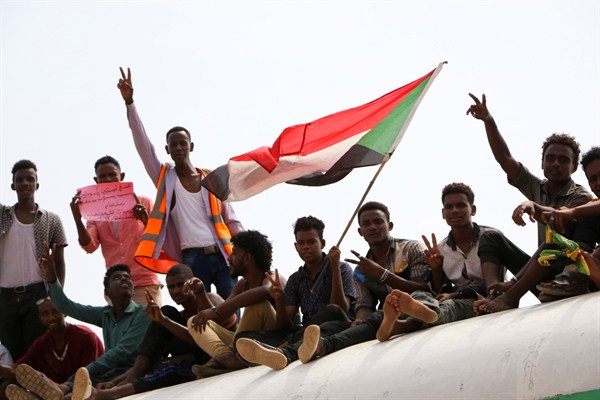The civilians who helped end the repressive regime of Sudan’s longtime president, Omar al-Bashir, are discovering that exercising power is often more difficult than attaining it. Barely three months after forming an uneasy transitional government with military and paramilitary leaders who tried to seize control for themselves, these revolutionaries have begun the task of undoing three decades of misrule. It is a race against time: Within three years, the transitional authorities face the challenge of instituting accountable, inclusive governance for the first time in Sudan’s history, while organizing elections and completing a democratic transfer of power.
These challenges are compounded by the structure of Sudan’s new government, which is the product of a compromise between the civilians whose unceasing protests crippled Bashir and the generals who finally toppled him in April. The civilian and military factions share power in an 11-person Sovereign Council, with leadership alternating between the two during the 39 month-long transition. Not only do both camps have radically different visions for the future of Sudan, they are sharply divided among themselves.
The civilians, arranged under the banner of the Forces for Freedom and Change, or FFC, are a mix of professionals, civil society activists and leaders of the traditional political opposition. They are weak and inexperienced yet face enormous public expectations. They must channel the wave of energy and optimism generated by the revolution into a program of government that delivers tangible benefits to an impatient populace. Their priorities include addressing Sudan’s acute economic crisis, restoring peace to a country traumatized by years of internal conflict, and pursuing accountability not only for victims of the former regime but for those who were killed, raped and detained by security forces at the height of the revolution earlier this year. At the same time, the FFC must build a party structure from scratch to contest elections at the end of the transitional period, most likely against an emboldened successor organization to Bashir’s former National Congress Party.

